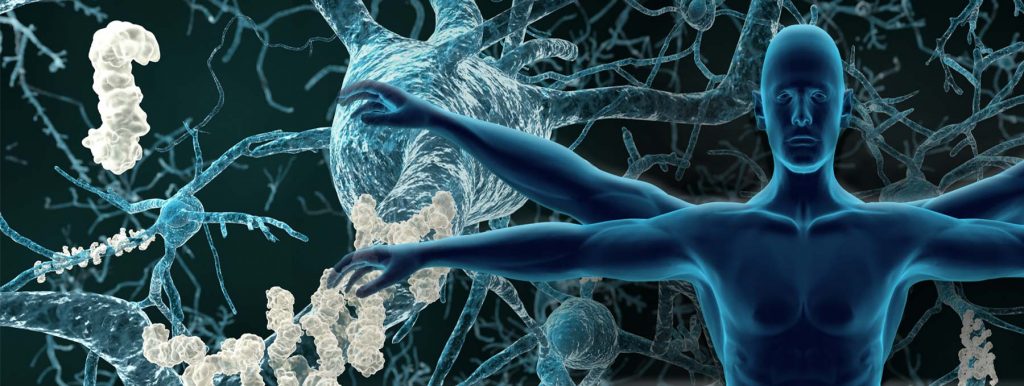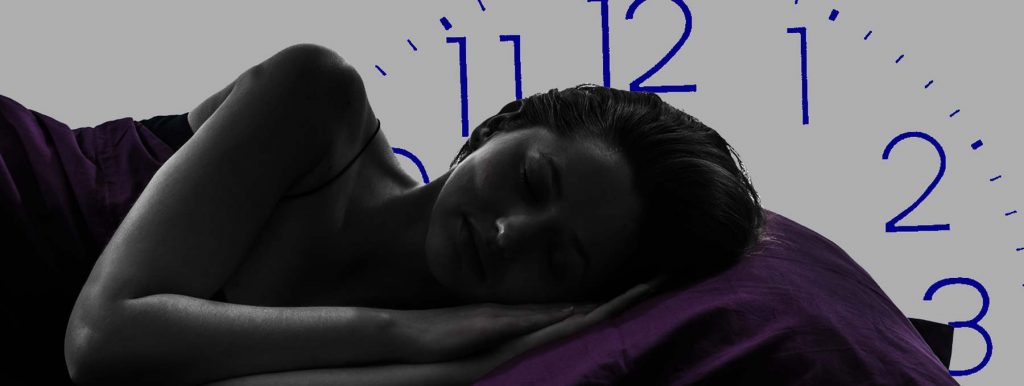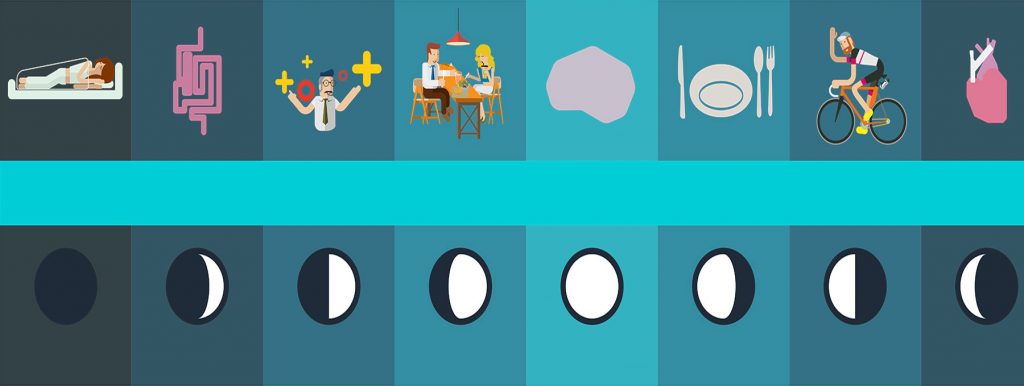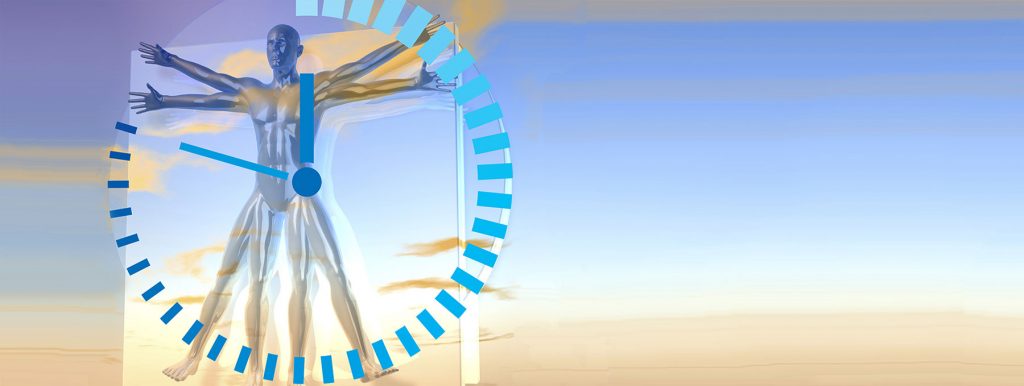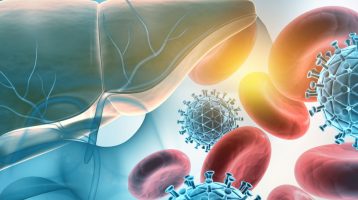Individuals affected with Alzheimer’s disease exhibit a marked disruption of normal circadian patterns. These are most noticeable as disruptions of sleep. Many individuals in the early stages of dementia become unable to sleep at night. As a consequence, they may be drowsy during the day. Some become very agitated and restless in the early evening […]
Chronobiology, Circadian Rhythms and the Science of Sleep
Sleep should be a natural human activity, done without thought and without difficulty. However, many people have problems with their sleep patterns that affect their ability to function effectively during the day. Scientists are beginning to study these problems closely to determine ways to correct them and ensure that people benefit from each night’s rest. […]
Circadian Rhythm Confusion and Resetting Our Internal Clocks
The Circadian Rhythm and Sleep Our bodies are run by a circadian rhythm, an internal clock consisting of 24-hour cycles. This intuitive mechanism governs a variety of processes from sleep to the body’s metabolism. It is affected by environmental elements, such as sunlight and temperature. Scientists have also been studying the effects of the moon on […]
Chronobiology and the Science of Time
Chronobiology refers to the process by which organisms time their behavior and physiology so that everything behaves rhythmically. In other words, it is biological timing. It is the rhythms of life; the internal clocks that control when you wake up, eat, digest your food and perform nearly every function that an organism is to perform. […]
- « Previous Page
- 1
- …
- 31
- 32
- 33
